Coke Studio Bangla presents ‘Karar Oi Louho Kabat’ in original tune amid Pippa controversy

Coke Studio Bangla has launched a new video song featuring eminent poet Kazi Nazrul Islam's "Karar Oi Louho Kabat", in its original tune sung by young students from numerous educational institutions of the country, to commemorate the 53rd Victory Day.
"Karar Oi Louho Kabat" is a more than half-a-century old song, but still relevant enough to bring out the indomitable energy that is Bangladeshi Youth. 'Ore O Torun Ishan, Baja Tor Proloy Bisan' is a line that echoes the spirit of freedom in our hearts of generations.
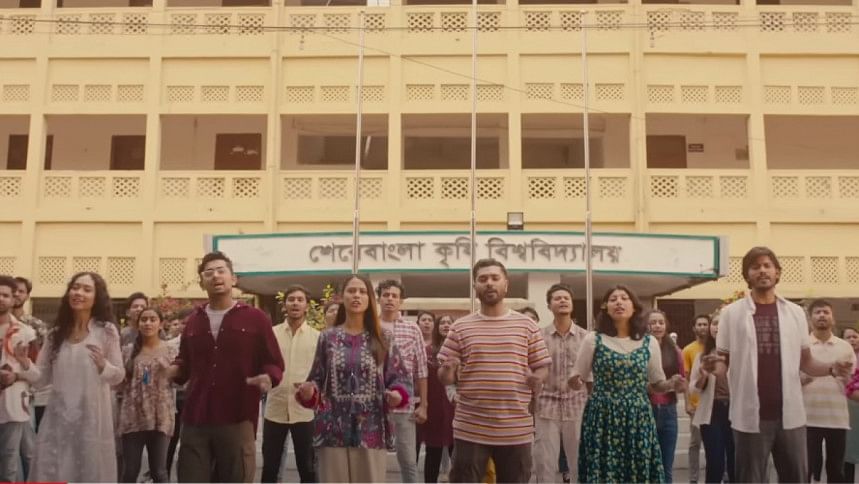
"Penned down by our National Poet Kazi Nazrul Islam, the ageless words capture the magic of a true Bangladeshi spirit that makes us stand tall- every time adversity tries to bring us down," reads the description below the video of Coke Studio Bangla's official Youtube channel.
Coke Studio Bangla's decision to recreate this iconic ode with the youth of the country, is significant in light of a recent controversy surrounding A R Rahman's remixed version of the song in the Hindi film Pippa starring Ishaan Khatter and Mrunal Thakur.

Students of Sher-e-Bangla Agricultural University, Independent University, North South University, Barishal University, Brac University, Rajshahi University, East West University, Chittagong University and University of Liberal Arts Bangladesh participated in the song.
Most of the Bengali audiences are ecstatic with the Coke Studio Bangla version of the song as it maintains the original tonality and composition of the song but still conveys the spirit of revolution, resistance and spirit. One user, Jonaki Shill, wrote on the platform, "Coke Studio Bangla's rendition is a testament to how one can recreate a song without ruining the original composition. This rendition is fantastic."
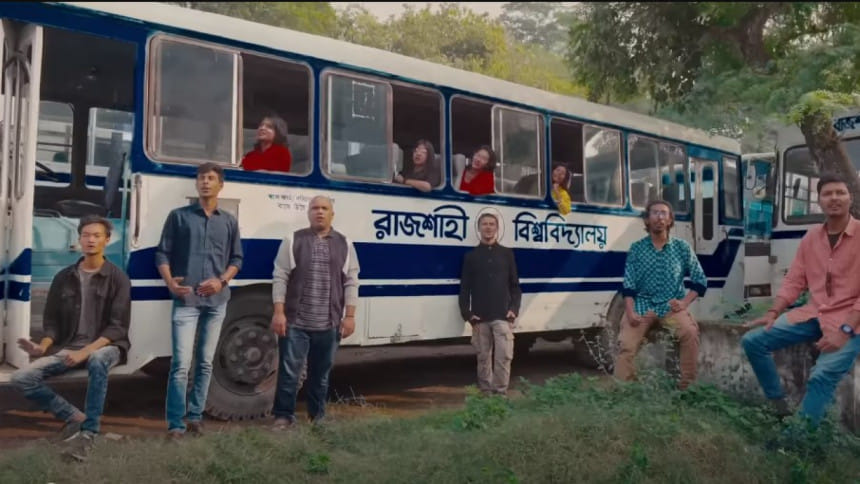
Another netizen, Fardin wrote, "This was a much needed statement from Coke Studio Bangla. Answering a musical anomaly with music! They did a great job and now I can forget the insufferable remix."
The remixed version, produced and composed by Rahman himself, features performances by a number of West Bengal musicians like Rahul Dutta, Tirtha Bhattacharjee, Pijush Das, Shrayee Paul, Shalini Mukherjee and Dilasa Chowdhury.
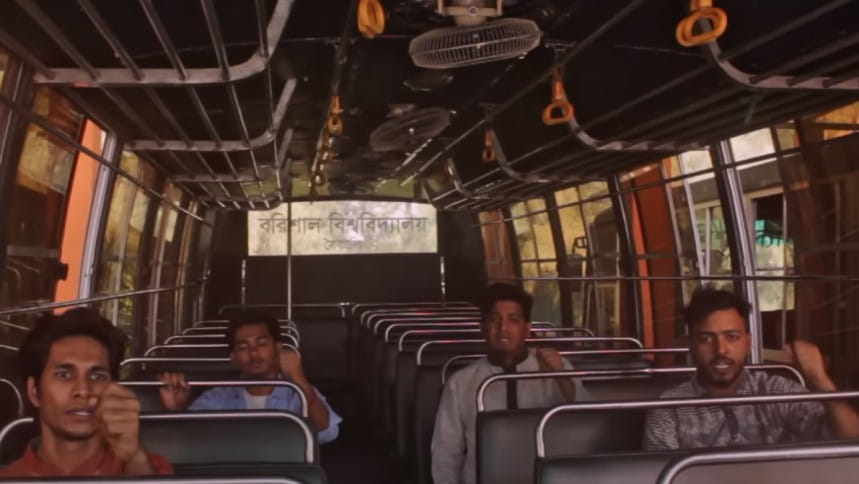
However, Rahman's interpretation did not sit well with a significant portion of the audience. Social media platforms became the battleground for a diverse range of reactions, with many labeling the remastered version as an unwarranted departure from the essence of the song that inspired a long line of Bengali revolutionaries during both India and Bangladesh's freedom struggles.

 For all latest news, follow The Daily Star's Google News channel.
For all latest news, follow The Daily Star's Google News channel. 





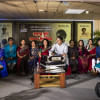
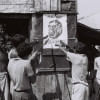


Comments